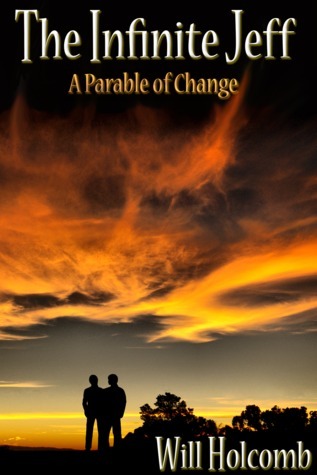
Ishmael
Book Description
A telepathic gorilla challenges a man’s understanding of civilization itself, igniting a riveting exploration of humanity’s place in the world. With each conversation, the line between teacher and student blurs, exposing deep-rooted beliefs and unsettling truths about survival and morality. As they confront harsh realities and the weight of human choices, an unexpected journey unfolds, revealing a gripping struggle for awakening and change. What if the answers to saving the planet lie in the stories we tell ourselves?
Quick Book Summary
"Ishmael" by Daniel Quinn presents a transformative dialogue between a disillusioned narrator and Ishmael, a wise telepathic gorilla. Through their extraordinary conversations, Ishmael challenges the narrator’s—and by extension, humanity’s—fundamental beliefs about civilization, nature, and human destiny. The gorilla guides the narrator to see how "Mother Culture" perpetuates dangerous myths about humanity's superiority and entitlement over the earth. As their lessons unfold, Ishmael deconstructs the concept of progress and highlights alternative ways of living rooted in harmony with the planet. Ultimately, the novel prompts readers to question the cultural narratives shaping society and confronts the urgent need for a new relationship with the world, suggesting that recognizing and changing our stories may be essential to saving the planet.
Summary of Key Ideas
Table of Contents
The Stories That Shape Civilization
The protagonist, discontented and searching for deeper meaning, answers a cryptic newspaper ad seeking a student. He meets Ishmael, a gorilla with telepathic abilities, who immediately subverts expectations and assumes the role of a philosophical teacher. Ishmael’s unique perspective as a nonhuman observer allows him to directly challenge and dissect the unspoken assumptions governing human thought and civilization. Their dialogues are intensely introspective, placing the reader squarely within the web of questions that interrogate the foundations of daily life.
Mother Culture and Human Exceptionalism
Central to the story is the concept of “Mother Culture”—the invisible agent that silently imbues individuals with a sense of how the world works and what is possible. Ishmael argues that these inherited cultural stories teach humans that they are separate from, and masters of, nature. This mentality underscores the myth of human exceptionalism, encouraging practices that exploit the environment and ignore the interconnectedness of life. The realization that humans are not the inevitable pinnacle of evolution forms a critical awakening for the narrator.
The Taker and Leaver Societies
Through careful exploration, the book distinguishes between “Taker” and “Leaver” societies. Takers, representing modern agricultural civilization, believe the world was made for them and act accordingly, consuming resources without limits. Leavers, exemplified by indigenous and tribal cultures, see themselves as part of a greater ecological balance. Ishmael posits that the Takers’ story has led humanity onto a path of destruction, while the Leavers’ way offers hope for sustainable coexistence with nature.
The Myth of Progress and Its Consequences
Ishmael critiques the myth of linear progress that dominates Western society. The belief that humans are destined to subdue the world through continuous advancement rationalizes environmental devastation and social inequality. Ishmael reveals how this myth blinds society to the cyclical, harmonious patterns of life that once governed human existence. By unraveling this problem, he offers his student—and the reader—the unsettling realization that civilization’s core beliefs may be fundamentally flawed.
The Path Toward Sustainable Change
As their journey culminates, the narrator is confronted with the responsibility to change. Ishmael insists that hope lies not in grand revolutions, but in revising the underlying stories and myths we tell about our place in the world. The novel ends with a call to awaken from cultural myths and embrace new narratives that foster respect for life and planetary stewardship—suggesting that the most urgent revolution is one of consciousness rather than politics or technology.
Download This Summary
Get a free PDF of this summary instantly — no email required.





